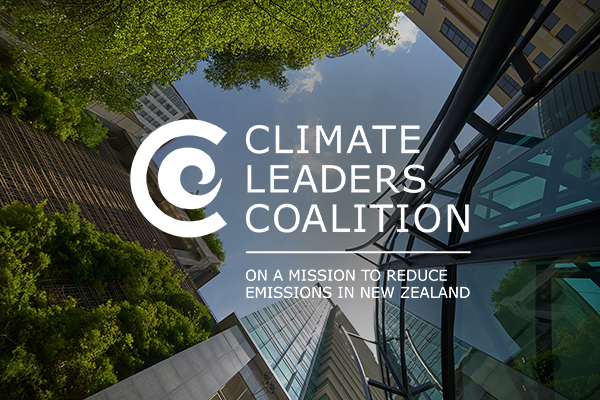The global impacts of the changing climate will bring significant direct and indirect changes and challenges. For Watercare these include extreme weather events, prolonged dry periods, rising seas and increased coastal flooding.
Our climate change strategy sets out our future direction as we embark on a journey to operate a low carbon organisation that is resilient to climate impacts

